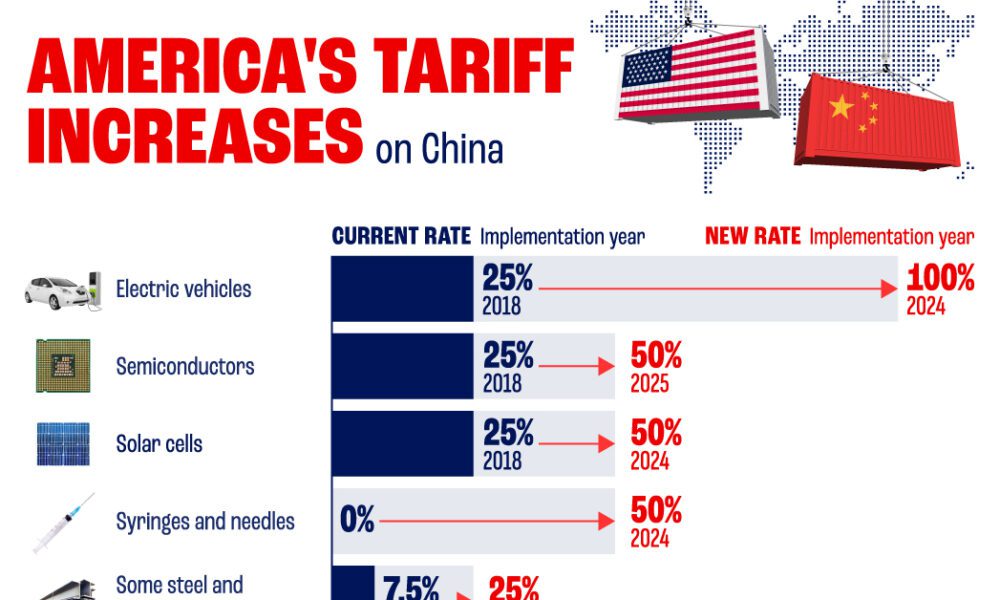Canada's Resource Sector Seeks Reform: A Bulldog Banker's Perspective

Table of Contents
Environmental Concerns and Sustainable Practices
The Canadian resource industry faces mounting pressure to adopt environmentally responsible practices. Balancing the need for resource extraction with the imperative of environmental protection is a critical challenge. Stringent environmental regulations, such as those governing greenhouse gas emissions and waste disposal, are impacting profitability and operational strategies. This necessitates a shift towards sustainable resource management.
Balancing Environmental Protection and Resource Extraction
The industry must demonstrate a clear commitment to minimizing its environmental footprint. This requires a multi-pronged approach:
- Investing in carbon capture technologies: Reducing greenhouse gas emissions is paramount. This involves exploring and implementing innovative carbon capture, utilization, and storage (CCUS) technologies.
- Implementing responsible waste management practices: Minimizing waste generation and ensuring responsible disposal of tailings and other byproducts are essential for protecting ecosystems.
- Promoting biodiversity conservation: Resource extraction projects must incorporate measures to protect and restore biodiversity in affected areas.
- Embracing circular economy principles: Moving towards a circular economy model, focusing on resource reuse and recycling, can significantly reduce environmental impact.
These initiatives are not only environmentally responsible but also increasingly important for attracting ESG (Environmental, Social, and Governance) investments, a growing trend in the global financial landscape. The Canadian resource industry needs to proactively address its environmental impact to secure its long-term future.
The Role of Indigenous Communities and Reconciliation
Successful resource development in Canada requires genuine reconciliation with Indigenous communities. Free, prior, and informed consent (FPIC) is no longer optional; it's a fundamental principle for ethical and sustainable resource management. Respecting Indigenous rights, land titles, and traditional knowledge is crucial for building trust and ensuring long-term social license to operate.
- Meaningful consultation and collaboration: Open and transparent dialogue with Indigenous communities is vital throughout the project lifecycle, from exploration to decommissioning.
- Benefit-sharing agreements: Fair and equitable benefit-sharing agreements must be established to ensure that Indigenous communities receive a fair share of the economic benefits from resource development on their traditional territories.
- Protecting cultural heritage sites: Resource companies must take all necessary measures to protect culturally significant sites and artifacts.
Implementing these principles is not merely a matter of compliance; it’s a matter of building strong, lasting partnerships based on mutual respect and understanding. This is essential for the sustainable development of Canada's resource sector and fostering true reconciliation.
Economic Challenges and Diversification
Canada's resource sector faces significant economic challenges, primarily driven by price volatility in commodity markets. Fluctuations in the prices of oil, gas, and minerals directly impact profitability and investment decisions. Moreover, the sector needs to attract investment and foster innovation to ensure long-term competitiveness.
Price Volatility and Market Fluctuations
The inherent volatility of commodity prices poses a significant risk to the Canadian resource industry. Companies must adopt robust risk management strategies to mitigate the impact of price swings:
- Hedging strategies: Utilizing hedging instruments to lock in future prices can help stabilize revenue streams.
- Portfolio diversification: Diversifying operations across different commodities and geographic locations can reduce overall risk.
- Value-added processing: Moving beyond raw material extraction to value-added processing can increase profitability and reduce reliance on fluctuating commodity prices.
Attracting Investment and Fostering Innovation
Securing both domestic and foreign direct investment (FDI) is vital for the growth and modernization of the Canadian resource sector. Government policies play a critical role in creating a favorable investment climate:
- Competitive tax policies: Attractive tax incentives can encourage investment in exploration, development, and infrastructure.
- Streamlined regulatory processes: Reducing regulatory burdens and streamlining approvals can accelerate project timelines and reduce costs.
- Investment in research and development (R&D): Supporting innovation through targeted R&D funding can lead to the development of more efficient and sustainable technologies.
Regulatory Landscape and Policy Reforms
The regulatory environment for resource extraction in Canada is complex and often criticized for its inefficiency. Streamlining approvals and permitting processes, along with strengthening corporate governance and transparency, are crucial for reform.
Streamlining Approvals and Permitting Processes
The lengthy and often cumbersome approval processes for resource projects create significant delays and increase costs. Reform is needed to improve efficiency:
- Digitalization of permitting processes: Moving to online platforms can streamline the application and review process.
- Improved coordination between agencies: Better coordination between federal, provincial, and Indigenous governments can minimize duplication and reduce delays.
- Predictable timelines: Establishing clear and predictable timelines for environmental impact assessments (EIAs) and other regulatory approvals is vital for attracting investment.
Strengthening Corporate Governance and Transparency
Robust corporate governance structures and increased transparency are essential for building public trust and attracting investment.
- Independent oversight boards: Establishing independent oversight boards to monitor the activities of resource companies can enhance accountability.
- Regular reporting on environmental and social performance: Requiring companies to regularly report on their environmental and social performance can increase transparency.
- Stronger anti-corruption measures: Implementing stricter anti-corruption measures can reduce the risk of unethical practices and enhance the sector's reputation.
Conclusion: A Path Forward for Canada's Resource Sector
Canada's resource sector faces significant challenges, but also enormous opportunities. Addressing environmental concerns through sustainable practices, mitigating economic risks through diversification, and reforming the regulatory landscape are crucial steps for ensuring the sector's long-term prosperity. Understanding the critical issues facing Canada's resource industry and engaging in the conversation about its future is vital. Learn more about the reforms needed for a thriving Canadian resource sector and contribute to shaping a sustainable and prosperous future for this vital industry.

Featured Posts
-
 Latest Mls Injury Report Impact On Saturdays Matches
May 15, 2025
Latest Mls Injury Report Impact On Saturdays Matches
May 15, 2025 -
 Nba Fans React To Jimmy Butlers Injury Warriors Rockets Game 4 Implications
May 15, 2025
Nba Fans React To Jimmy Butlers Injury Warriors Rockets Game 4 Implications
May 15, 2025 -
 Marlins Fall To Dodgers Again Freeman And Ohtanis Home Run Show
May 15, 2025
Marlins Fall To Dodgers Again Freeman And Ohtanis Home Run Show
May 15, 2025 -
 Analyzing The Risks Reciprocal Tariffs And The Indian Industrial Landscape
May 15, 2025
Analyzing The Risks Reciprocal Tariffs And The Indian Industrial Landscape
May 15, 2025 -
 Jalen Brunson And Ali Marks A Look At Their Relationship
May 15, 2025
Jalen Brunson And Ali Marks A Look At Their Relationship
May 15, 2025
